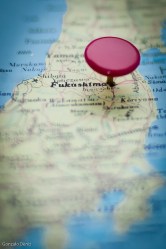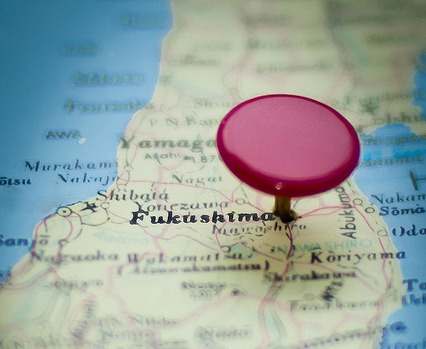
Photo by Gonzalo Déniz.
Two months after a series of massive protests in Tokyo, Japanese anti-nuclear activists appear to be close to victory. During a debate this morning, Prime Minister Yoshihiko Noda suggested that he supported a phaseout of nuclear power within the next few decades.
From the Washington Post:
[Noda] said the new policy, expected by end of the week, would be a major shift from Japan’s decades-long advocacy of nuclear power.
Japanese media reported Wednesday that Noda and key Cabinet ministers have agreed that the new energy policy will include an abandonment of nuclear power by the 2030s, mainly by retiring aging reactors and not replacing them.
Based on the party proposal, the new policy would include a 40-year cap on reactor lifespans, no construction of new nuclear reactors, and strict safety checks before any reactors are restarted. It also says Japan should make greater use of renewable energy and undertake greater conservation efforts, such as using smart grids.
A large part of nuclear’s new unpopularity in Japan, of course, stems from the horrific Fukushima Daiichi disaster in early 2011, which rendered a large region of eastern Japan uninhabitable. In July, a report suggested that the near-meltdown was a “profoundly manmade” disaster.
With any luck, it won’t be repeated before the reactors are taken offline.



